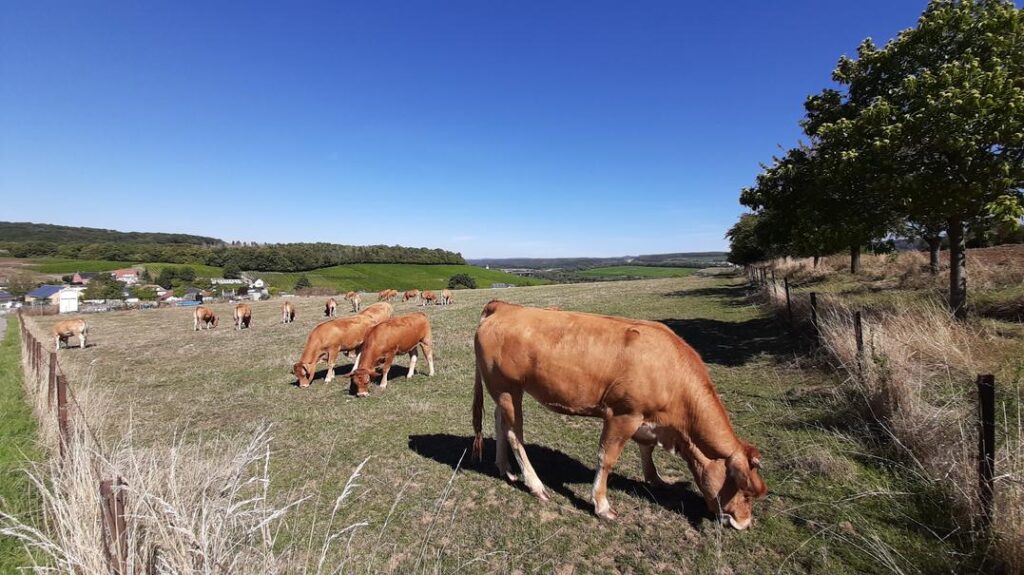In his book “a promised land” Barack Obama also relates a story of opening up a shop with as little choice as possible. The idea was something like opening a shop only selling medium-sized white t-shirts.
A Japanese bookstore in Tokyo has a similar strategy. Yoshiyuki Morioka decided to only stock one book to be sold at a time while changing the book every week.
Both ideas feed into the desire to ease choices.
It is a consequence of the challenges people experience with the growing complexity of the choices they are confronted with. With rituals, traditions, and guiding principles like religions slowly falling away and with a global impact linked to most actions we entertain, it has become rare to have choices that are not complex.
There is the yogurt bought in the shop next door. As local as some of its ingredients can be, they often will have traveled numerous miles until the finished product finds itself on the shelf next door. How can one then solve the riddle of climate-neutral food? There is way too much information to be gathered until a decision can be made. Too much for one person to manage in their daily life. This is especially on the recipient end, where-to the call for action is made.
What is making these choices even more complicated, is the assumption that they can be solved satisfyingly.
This isn’t the case. The decisions we are making will rarely be nice and easy to live with.
In many cases, the problem people are confronted with raises competing issues by addressing a variety of areas. Taking the yogurt for example. It will raise environmental issues linked to logistics, it will raise governance concerns linked to the distributed production and it will trigger questions about individual ethics. Each area inviting different solutions.
We’ve entered the realm of paradoxes. As the Cambridge online dictionary defines it, “it is a situation or statement that seems impossible or is difficult to understand because it contains two opposite facts or characteristics.”
It’s a situation in which there is no single choice. It is a system within which there is a need to manage the opposing factors. Our ability to do so will be based on our knowledge of self. There are our own views and values we need to be clear about. And there is the way we treat others and respond to them.
Dealing with paradoxes thus requires us, that is leaders, to have a sound understanding of ourselves and of how we seek to belong and relate to society.

